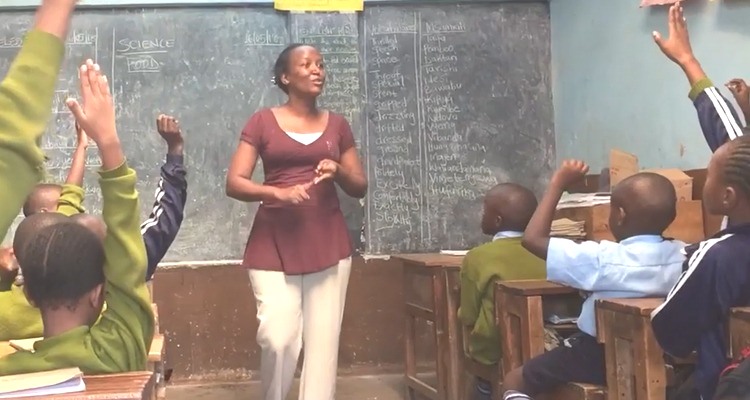At the rudimentary stages, learners always have a very positive attitude towards Mathematics, Science and Languages.
The opportunities to practically use Mathematics concepts are so enormous at this level; learners are given an opportunity to develop logical thinking to resolve problems. This evokes dispositions like curiosity, imagination, flexibility, inventiveness, persistence and group work.
A child who mainly receives positive early exposure to Mathematics, Science, and Languages has a 90 percent chance of excelling even in more difficult concepts because these are interdisciplinary subjects cutting across all others.
Learners explore and integrate multiple perspectives from different disciplines, sub-disciplines and other areas of expertise as they gradually advance to multi-disciplinary ideas and concepts.
Multi-disciplinary subjects draw knowledge from different disciplines but stay within particular stratified learning boundaries while inter-disciplinary subjects analyze and harmonize links between certain well-coordinated areas.
Thanks to the Ministry of Education (MoE), the Teachers Service Commission (TSC) and the Centre For Mathematics, Science and Technology Education in Africa (CEMASTEA) are giving priority to the teaching of the three subjects as they are a real game-changer in learning.
There are various aspects that stand against the learning highway such as learners’ motivation, sense of self, how much has been learnt and how much effort will be put to facilitate the learning process.
A good learning structure has a collection of diverse socially supported interactions which eventually shape and create permanently what has been learnt.
Other factors that determine how much can be acquired by a learner include; intelligence, motivation, emotion, interest, attitude, belief, values, learning styles and the general environment which an individual interacts with.
The contributions to particular performance rests with three people – the learner, parent and teacher – all of whom have special duties; and as such parents who abdicate their parental obligation to teachers and expect magical academic outcomes make a big mistake.
Full and continuous parental involvement at any level of learning is important since it tremendously improves learners’ competencies, self-esteem and behaviour. It also helps to build a strong and lasting relationship between the parent and the child’s school.
On the other hand, teachers provide the power of education by simplifying complex and abstract concepts to be unimaginably easily accessible to learners.
The parent has to offer love, acceptance, encouragement and guidance. These wholesomely provide home-based support.
On the other side, learners have to adjust to the school atmosphere and all the operational structures.
If parents and learners can join hands with teachers in encouraging learning, learning concepts will be manageable and easy to absorb in different learning disciplines.
By Hillary Khamati
Khamati is a teacher based in Western Kenya.
Get more stories from our website: Education News
To write to us or offer feedback, you can reach us at: editor@educationnews.co.ke
You can also follow our social media pages on Twitter: Education News KE and Facebook: Education News Newspaper for timely updates.
>>> Click here to stay up-to-date with trending regional stories






